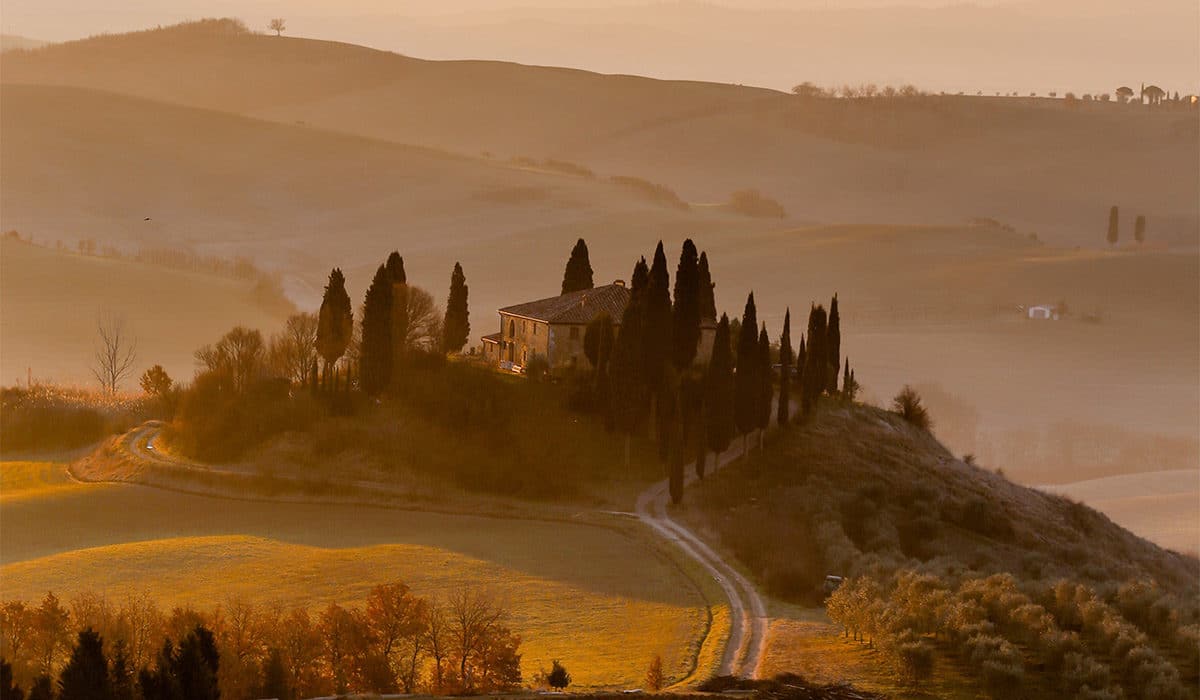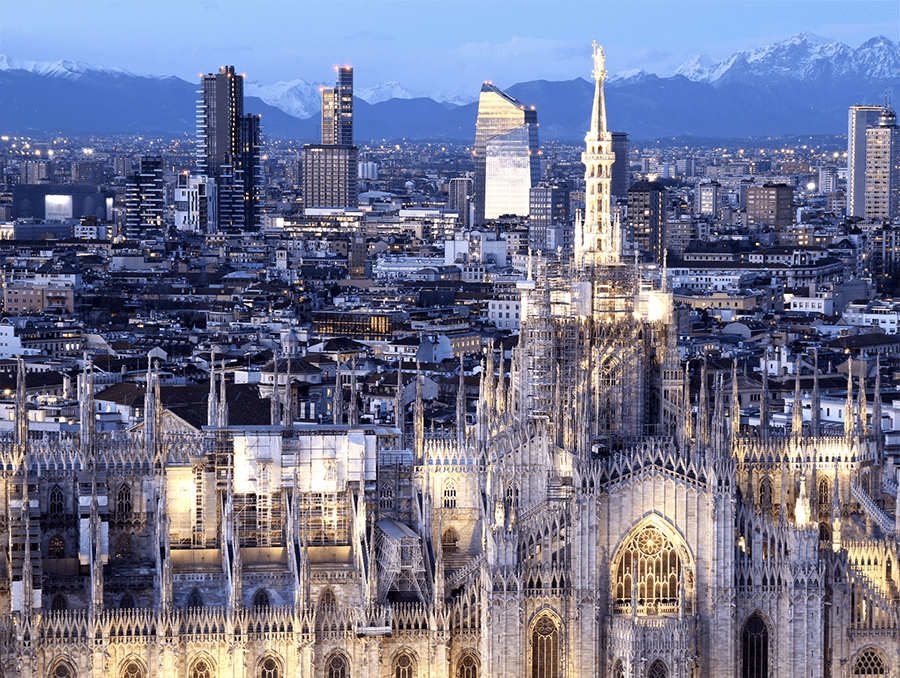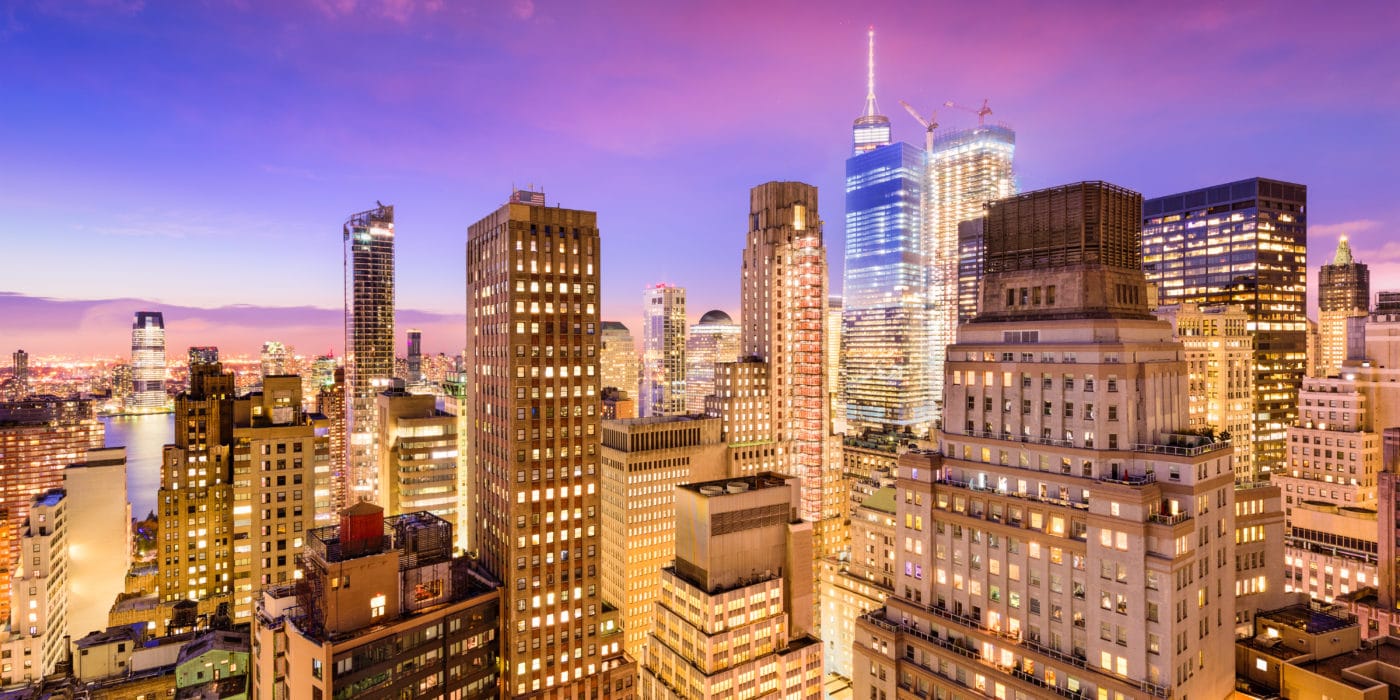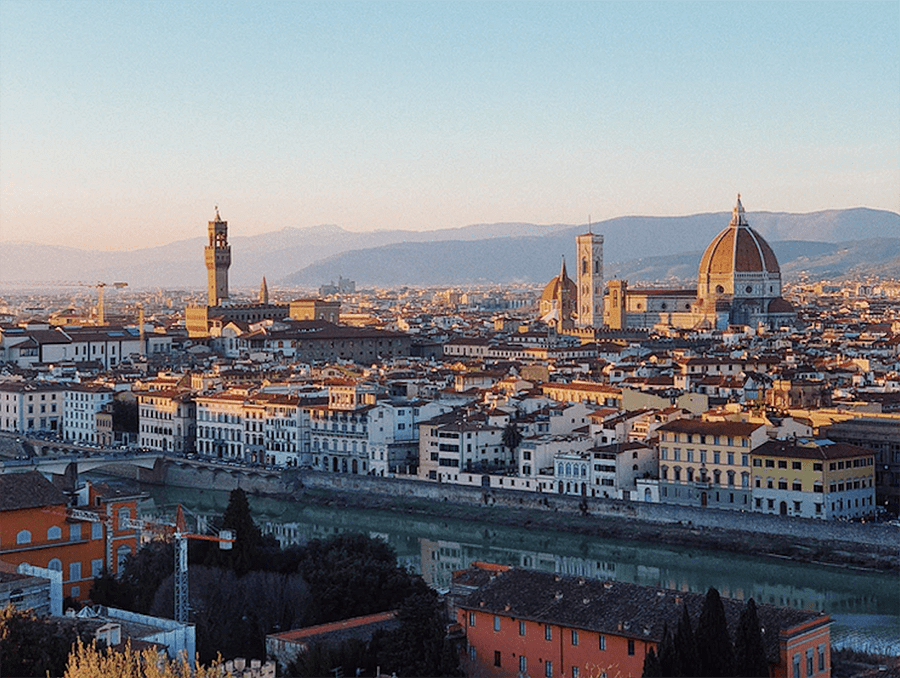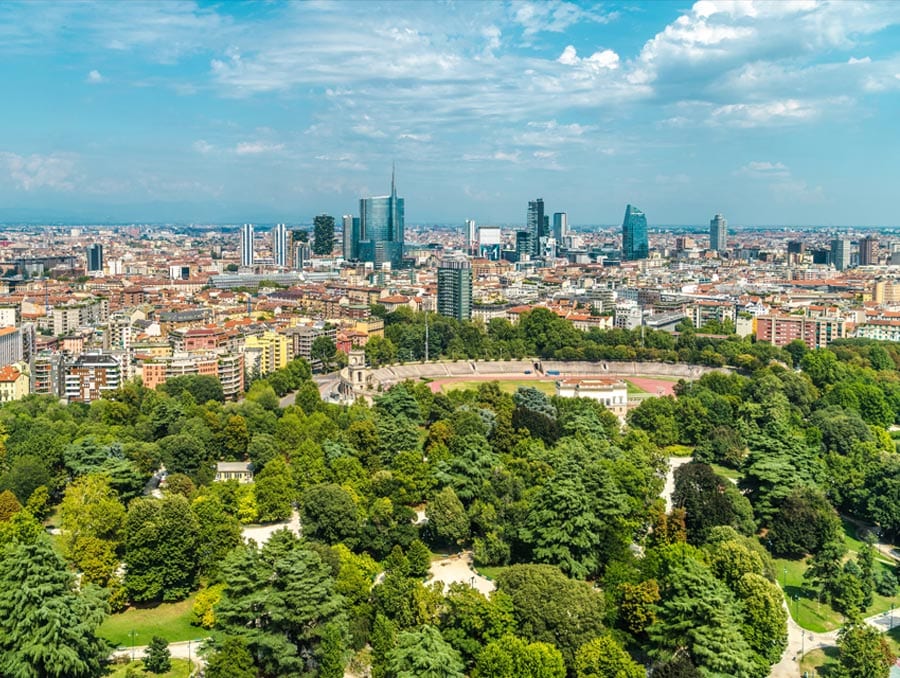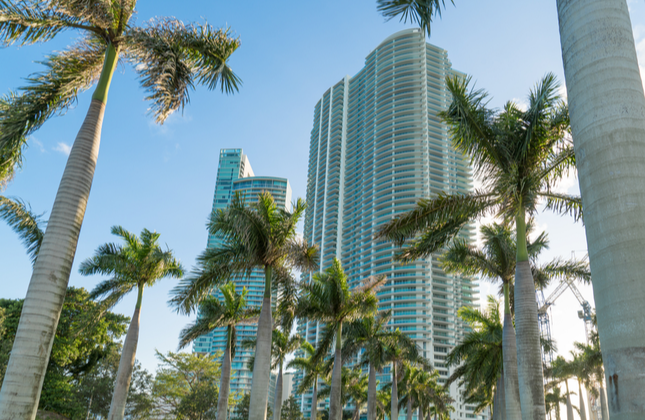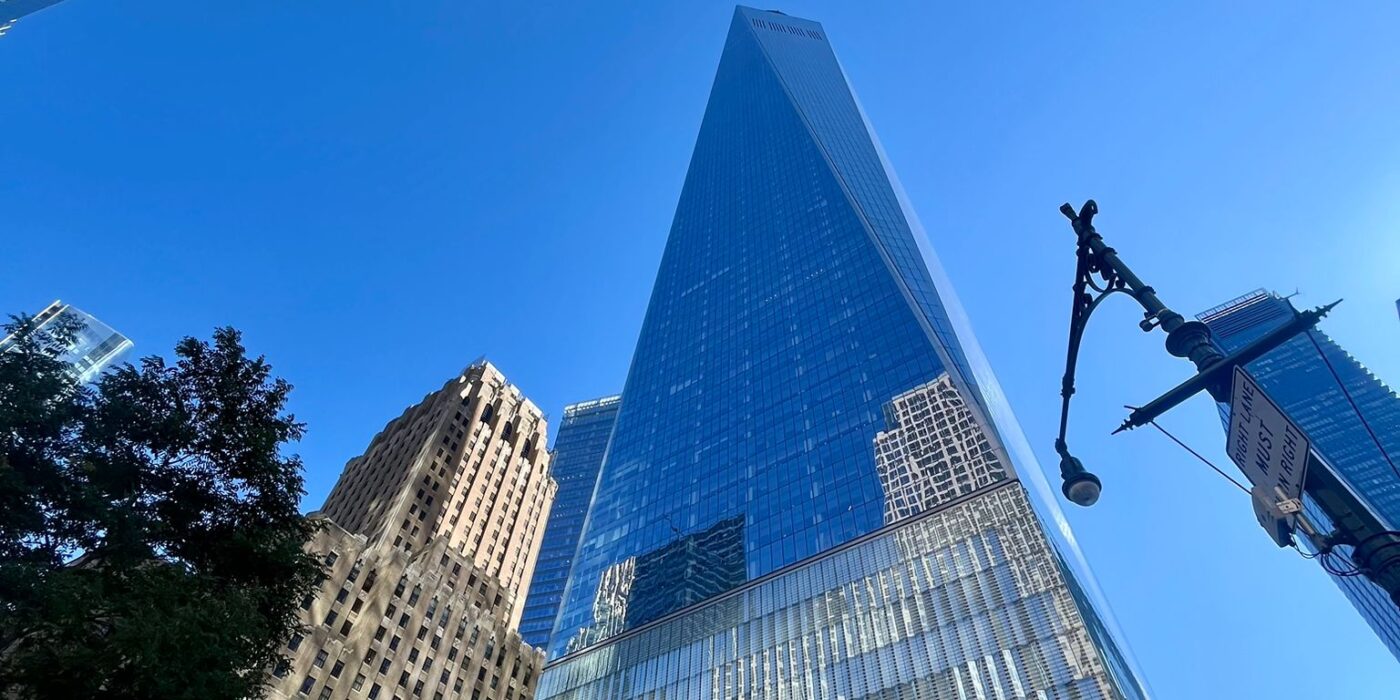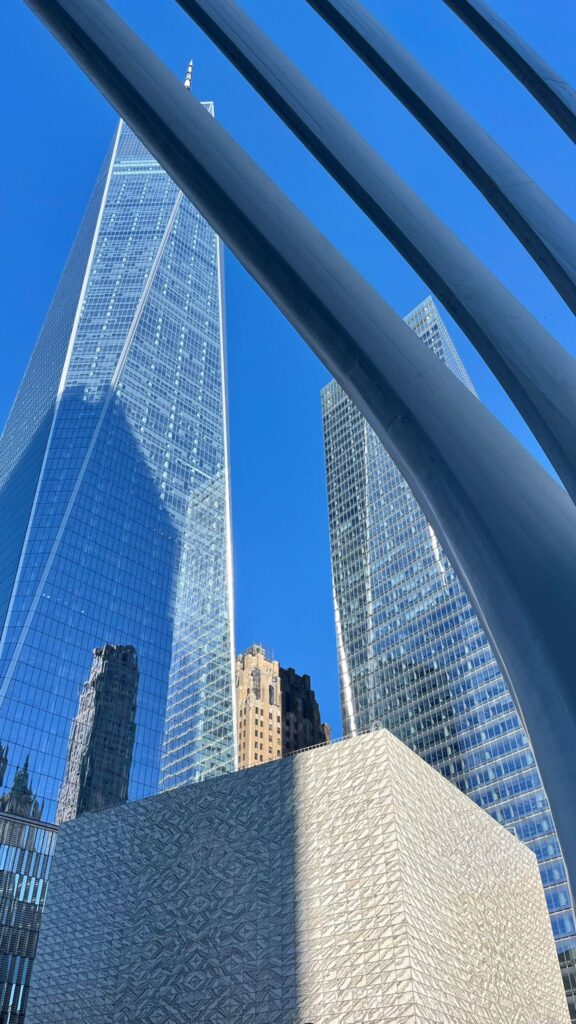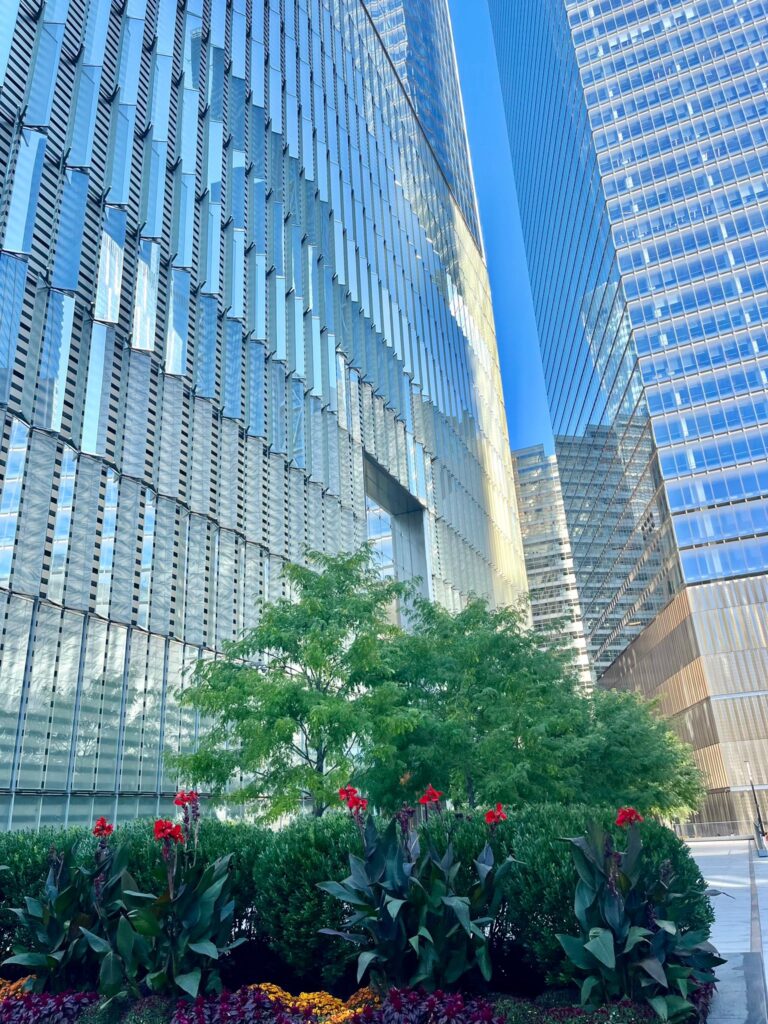Tuscany’s Luxury Real Estate Renaissance: International Wealth Transforms Italy’s Most Coveted Region
Tuscany has established itself as one of Europe’s most dynamic luxury real estate markets, with unprecedented growth driven by international investment and favorable government policies that are reshaping the region’s property landscape.
Lucca Leads the Charge
The historic city of Lucca has emerged as Tuscany’s standout performer, recording remarkable property price growth of 27% over the past five years. This surge positions Lucca ahead of other prestigious Tuscan destinations, with its combination of relative affordability and authentic Italian charm proving irresistible to discerning international buyers seeking value in an increasingly competitive market.
Florence: The Regional Powerhouse
Florence continues to anchor Tuscany’s luxury market, demonstrating its enduring appeal with a robust 4.3% price increase in the 12 months leading to January 2025—the strongest annual growth rate across the region. The Renaissance city’s unique blend of world-class culture, educational institutions, and sophisticated urban amenities maintains its position as the region’s premier destination for luxury property investment.
International Magnetism
Tuscany has become a powerful magnet for wealthy international buyers, particularly attracting high-net-worth individuals from France, the United States, the United Kingdom, Benelux countries, and Germany. These sophisticated investors are drawn by the region’s superior quality of life, exceptional educational offerings, and strategic access to major global transport hubs, making Tuscany an ideal base for international lifestyles.
The region’s appeal is reflected in demographic shifts, with foreign residents in Tuscany increasing by 11.2% over the past decade, according to Italy’s national statistics agency, Istat. This influx represents not just temporary investment but genuine lifestyle migration to one of the world’s most culturally rich regions.
Government Incentives Fuel Growth
Italy’s strategic policy initiatives are playing a crucial role in driving luxury real estate investment. The country’s flat tax regime, coupled with reduced registration fees for primary residences and the innovative “Return of the Brains” program—designed to encourage expatriate professionals to relocate—are creating compelling financial incentives for ultra-high-net-worth individuals.
These policies are contributing to Italy’s growing wealth concentration, with the country now home to 40,010 individuals possessing net assets exceeding $10 million and 573 billionaires as of 2025, according to The Wealth Report 2025.
Evolving Buyer Preferences
The luxury market is witnessing a significant shift in buyer behavior, with purchasers increasingly favoring turnkey, move-in-ready properties over traditional renovation projects. This trend reflects global economic uncertainty and rising construction costs, leading investors to prioritize immediate occupancy and reduced investment risk.
High-value areas such as Siena and the UNESCO World Heritage Val d’Orcia region are experiencing growing popularity as buyers seek secure, long-term lifestyle investments that combine cultural significance with natural beauty.
Global Context and Future Outlook
While Italy’s flat tax regime has attracted approximately 5,000 applicants since its inception, uptake remains modest compared to other international jurisdictions. The UK’s recent abolition of its non-domiciled tax regime in April 2025—which previously covered around 70,000 residents—has prompted many wealthy individuals to reassess their residency strategies, potentially benefiting markets like Tuscany.
As global trade tensions, tax reforms, and geopolitical uncertainty continue to influence wealth migration patterns, Tuscany’s luxury real estate market stands as a beacon of stability, offering the world’s elite an unparalleled combination of cultural heritage, natural beauty, and investment security.
The region’s transformation reflects broader trends in luxury real estate, where cultural authenticity, lifestyle quality, and political stability increasingly outweigh pure financial returns in investment decisions.
Source: World Property Journal
